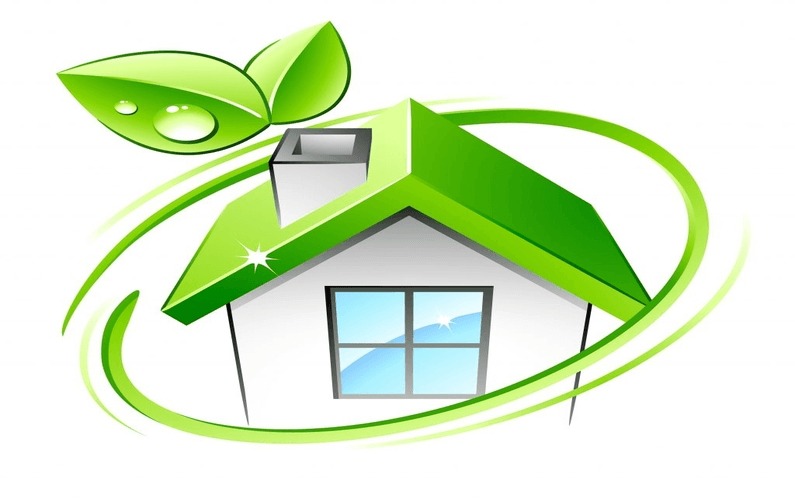As we stand on the threshold of 2025, the landscape of home selling is poised for transformative change, driven by technological advancements and evolving consumer behaviors. Picture a world where virtual reality tours become the norm, allowing potential buyers to step inside their future homes from the comfort of their couches.
Imagine the rise of artificial intelligence analyzing market trends at lightning speed, tailoring property listings to match individual preferences. Changes on the horizon blend convenience with innovation, reshaping how agents market homes and how buyers engage with listings.
The real estate market is not merely adapting; it is redefining itself. This article delves into the dynamic shifts that will reshape home selling, exploring the tools, trends, and strategies that will dominate the real estate scene in just a few short years.
Buckle up as we navigate the exciting future of property listings and discover how the industry is preparing for this new era.
Technological Innovations Reshaping Real Estate

Technological innovations are revolutionizing the landscape of real estate, ushering in an era where traditional home selling processes are increasingly being supplemented—and sometimes replaced—by cutting-edge advancements. Imagine a world where virtual reality tours allow potential buyers to walk through a property without ever leaving their couch, or where AI algorithms analyze buyer preferences to curate a personalized list of homes that meet their exact needs.
Drones capture stunning aerial footage, showcasing neighborhoods and properties from angles previously unimaginable. Additionally, blockchain technology promises to streamline transactions, enhancing transparency and security while cutting down on time-consuming paperwork.
As we stride towards 2025, the integration of these technologies isn’t just a trend; it’s a transformative shift that optimizes the buying experience, making it faster, more efficient, and ultimately, more rewarding for both sellers and buyers alike. The future of home selling is not just about listings anymore—its a dynamic blend of technology and personalization that promises to reshape how we buy and sell homes.
Virtual and Augmented Reality: The Next Frontier in Showings
As we stand on the brink of a revolution in real estate, virtual and augmented reality are poised to redefine how properties are showcased. Imagine donning a VR headset and instantly stepping into a meticulously designed home, walking through spacious living areas and peering into the state-of-the-art kitchen—all from the comfort of your couch.
This isnt just a futuristic fantasy; it’s becoming an integral part of the home selling process. Augmented reality takes it a step further, allowing buyers to visualize changes—a splash of paint, new furniture, or even a different layout—overlaid on a space before making a commitment.
The convenience and engagement of these technologies invite a new wave of buyers, who can explore multiple listings in a single afternoon without the logistical headache of traditional viewings. The potential for immersive experiences not only captivates but empowers buyers, transforming casual interest into genuine excitement as they navigate the property landscape of 2025 and beyond.
The Rise of Eco-Friendly and Smart Homes: What Buyers Will Demand

In 2025, the demand for eco-friendly and smart homes will sur surge as buyers increasingly prioritize sustainability and technological integration. Homebuyers will seek residences that not only reduce their carbon footprint but also enhance their lifestyle through advanced features.
Think solar panels that silently power homes during sunlit days, energy-efficient appliances that whisper savings into monthly bills, and smart home systems that seamlessly connect every device. Buyers will want homes equipped with state-of-the-art security, intuitive energy management, and smart water systems that forecast usage.
The green trend wont just be a bonus; it will become a non-negotiable expectation that shapes market dynamics. As the line between home and technology blurs, the properties that stand out will be those that offer both environmental responsibility and cutting-edge convenience, echoing the evolving values of a more conscientious society.
Conclusion
In conclusion, the future of home selling by 2025 promises to be profoundly influenced by technological advancements and changing consumer behaviors. As virtual reality, artificial intelligence, and data-driven insights become standard practice in the real estate market, the process of listing and selling properties will be more efficient, transparent, and accessible than ever before.
Home sellers will increasingly turn to innovative platforms, such as those offered by companies like https://gordonbuyshomes.com/we-buy-san-diego/, to simplify the selling experience in regions like San Diego. By embracing these emerging trends and tools, both buyers and sellers can navigate the evolving landscape of real estate with confidence, ultimately shaping a more streamlined and effective home selling process for everyone involved.


